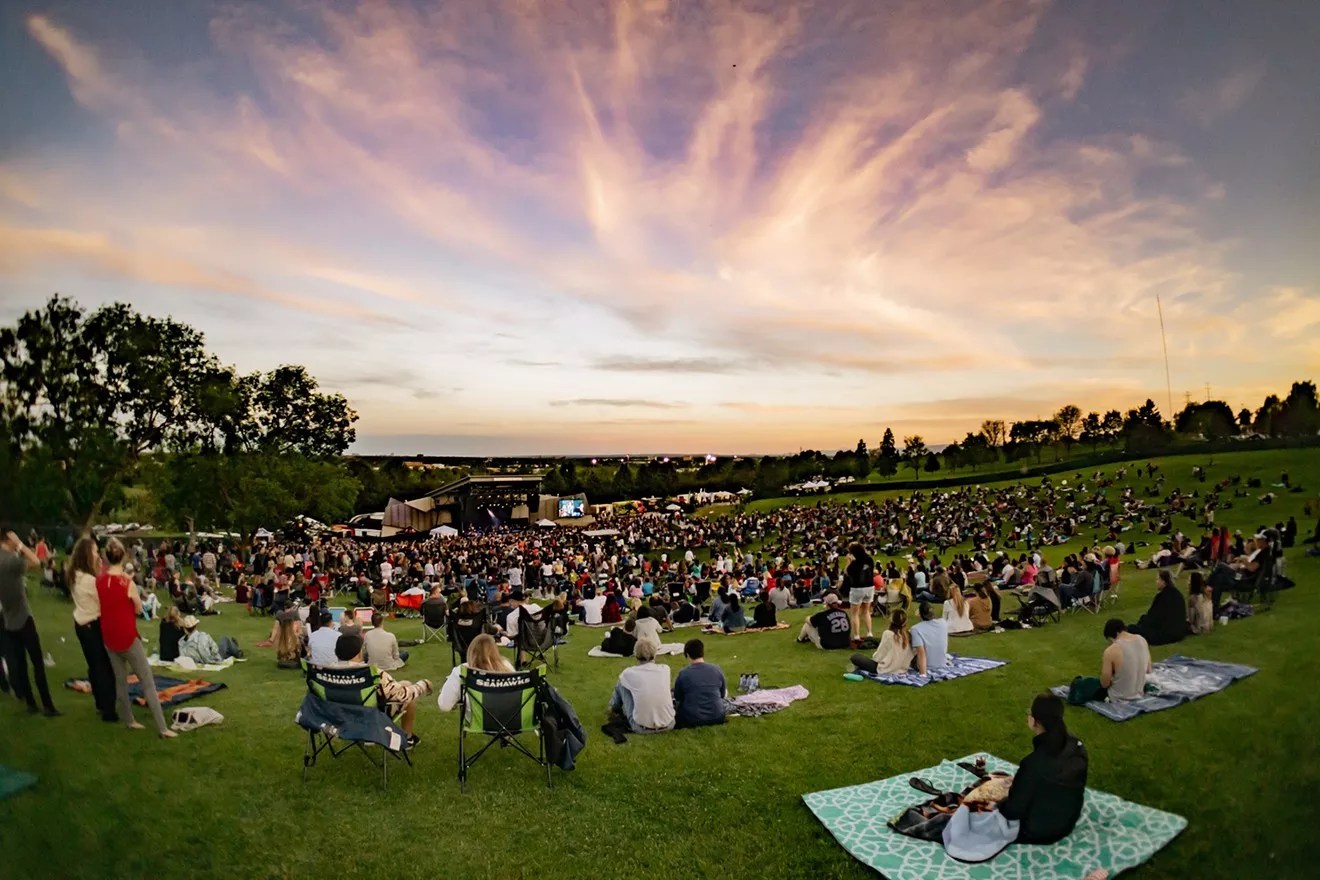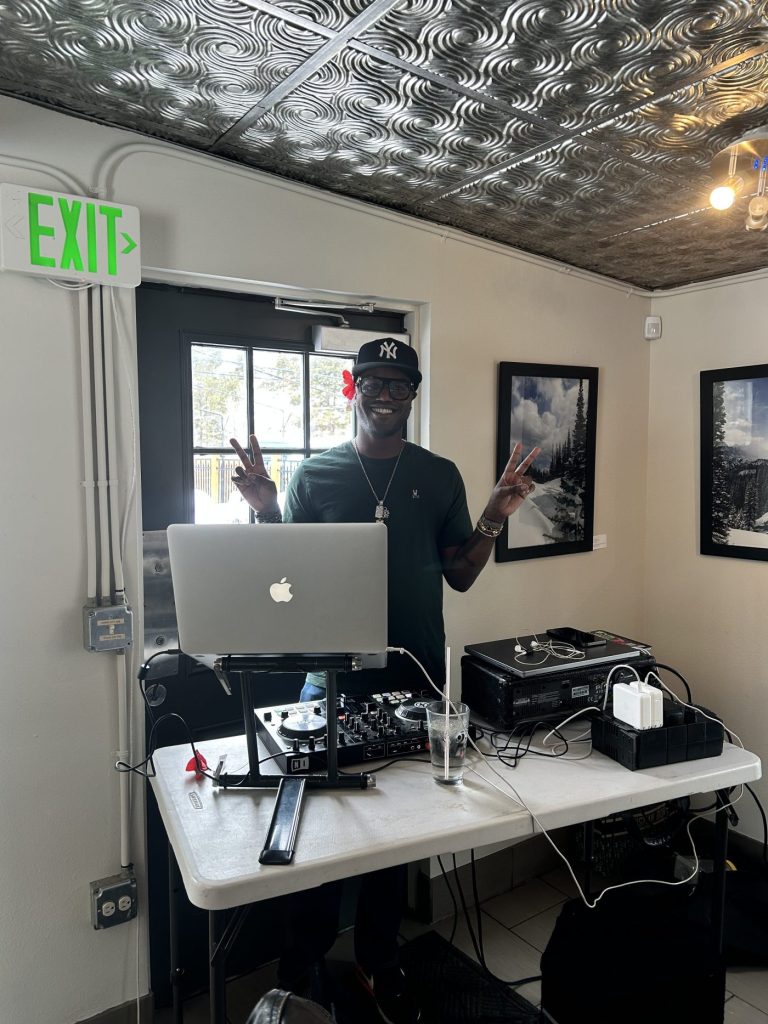
Joel Rekiel, @joelrekiel

Audio By Carbonatix
Governor Jared Polis has officially proclaimed October 1 as Music Advocacy Day in Colorado.
Music Advocacy Day is an annual grassroots celebration that highlights the rights of music creatives and professionals while advocating for fair compensation and protections. Created by the Recording Academy, the annual date usually takes place in either late September or early October; this year’s nationwide celebration took place on September 25.
As the nation’s largest grassroots effort surrounding music policy in both local and congressional areas, Music Advocacy Day sees Recording Academy members and musicians taking to local district offices and social media to voice issues affecting individual careers and livelihoods. In previous years, milestones have included the signing of the HITS Act and the reintroduction of the NO FAKES Act.
Davon Williams, a former Recording Academy member, producer and founder of Incorporated Minds Music Empire, made the proposal for Colorado to acknowledge Music Advocacy Day. He says that the local scene’s artists and venues are “cornerstones of the state’s identity.” The proclamation highlights Red Rocks, Fiddler’s Green, Levitt Pavilion and the Colorado Music Industry Alliance (CMIA).

Courtesy of Davon William
“Each one represents a cornerstone of Colorado’s music story in my mind,” Williams says. “Red Rocks is a global icon, Fiddler’s Green has anchored countless major tours and Levitt Pavilion is about accessibility and community, with free concerts and inclusive programming.”
Williams believes that Colorado’s music scene deserves permanent recognition. So, he began to write the proclamation last year and officially submitted it to Polis in October 2024. The proclamation doesn’t just shine a light on the state’s music industry, but its influence on the state’s economy. In July 2018, Michael Seman, former director of Creative Industries Research and Policy of the University of Colorado Denver, found that $1.4 billion from the music business contributed to the local economy while providing over 16,000 jobs.
“Colorado’s music scene is about more than just shows — it’s about jobs, culture and connection,” Williams says. “Supporting music means supporting our economy, our kids and our shared future.”

Christian Hundley
When DNA Picasso, a hip-hop artist and co-founder of CMIA, was sent the proclamation by Williams, he was pleasantly surprised and proud of the musician’s efforts. Pointing to the state’s thriving scene and Red Rocks’ global significance, Picasso says he hopes the state will establish an official Colorado Music Office as a resource for artists. The lack of ancillary businesses such as major labels, talent agencies and management firms in the state limits an artist’s career, according to Picasso.
“My hope is that this proclamation brings awareness to legislators about how important music really is, and sparks a movement to attract more industry to Colorado,” Picasso says. “If we can eventually create tax incentives that encourage major artists to produce here and businesses to open satellite offices, that would transform the local ecosystem.”
Describing the proclamation as “the beginning of a Renaissance,” Picasso knows there’s more work to be done, but is still grateful that this “step toward building a unified music scene that recognizes the need for advocacy” has been made.
The mention of CMIA further strengthened the state’s commitment to working with local voices to advance music further. Founded in 2023, CMIA acts as a unified body of music experts who are driven to strengthen and push Colorado’s music industry forward.
“Music is a huge economic driver in Colorado, and it needs to be invested in as such,” Picasso says. “I commend Davon for authoring this and putting in the work to push it forward.”
Although the process of getting the proclamation to Polis was not easy, Williams says persistence was key to his journey, which included more than five years of conversations with legislators about music’s impact in the state.
On October 1, the proclamation will be presented to key stakeholders in an intimate ceremony at the Colorado State Capitol. Williams feels “proud, humbled and a little stunned” of having his proclamation as a permanent piece of Colorado music history.
“Colorado isn’t just a stop on the tour — it’s a creative hub. This proclamation helps solidify that by showing the state values music as both cultural force and an economic drive,” Williams concludes. “My hope is that it sparks more investment in the Colorado Music Office and gives our artists the recognition they deserve.”